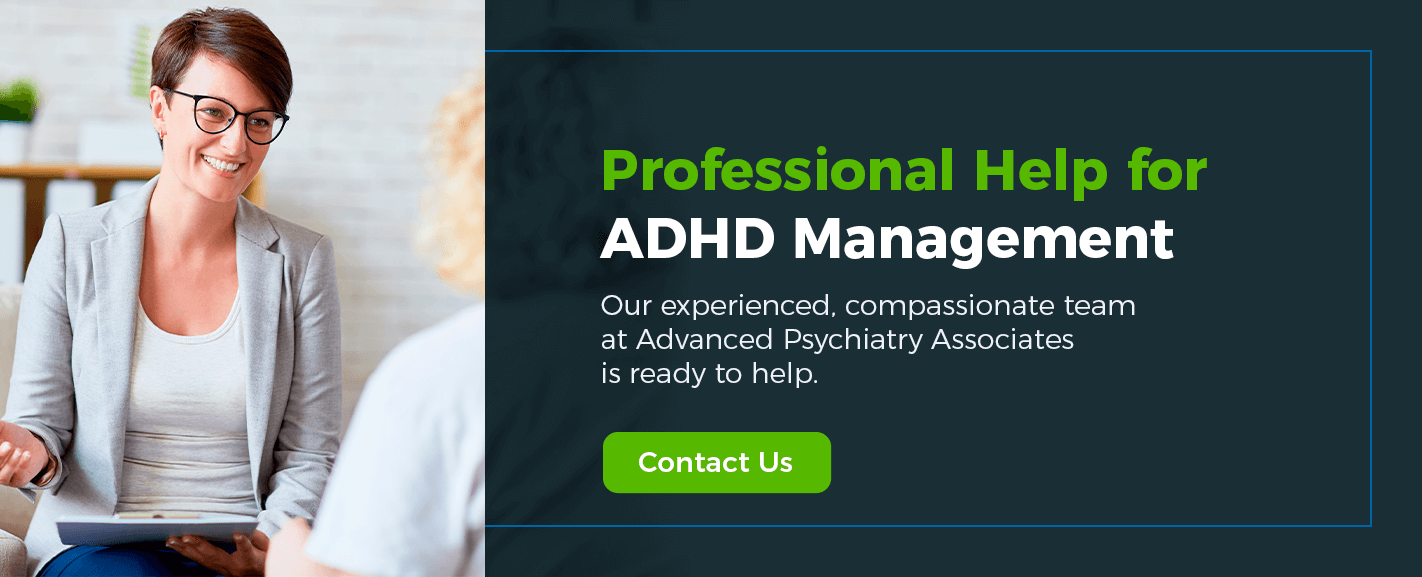ADHD Overwhelm and Emotional Regulation
Effective emotional regulation is crucial for individuals with ADHD, particularly when overwhelmed by clutter. Understanding how to manage emotions can lead to more productive decluttering sessions and an overall calmer lifestyle.
The Link Between ADHD, Clutter, and Emotional Overwhelm
Clutter can have a significant impact on emotional well-being, especially for those with ADHD:
1. Sensory Overload: Clutter can overload the senses, leading to emotional overwhelm.
2. Frustration and Guilt: Inability to manage clutter often results in feelings of guilt and frustration, which can compound stress levels.
3. Avoidance Behavior: Overwhelm may lead to procrastination or avoidance, creating a vicious cycle that exacerbates clutter issues.
Identifying Emotional Responses to Clutter
Being aware of one’s emotional responses is the first step toward regulation:
- Recognizing Triggers: Understanding what aspects of clutter trigger stress can help in developing coping strategies.
- Mindfulness Practices: Techniques such as mindfulness can help in recognizing and accepting emotional responses without judgment.
Strategies for Emotional Regulation
Several strategies can be employed to better regulate emotions related to ADHD and clutter:
1. Breathing Exercises: Simple deep breathing can calm the mind and reduce immediate stress.
2. Break Tasks into Smaller Steps: This prevents the feeling of being overwhelmed by a large task.
3. Positive Self-Talk: Replacing negative thoughts with positive affirmations can boost morale and reduce anxiety.
The Role of Physical Activity in Managing Emotions
Physical activity can be a powerful tool for emotional regulation:
- Exercise: Regular physical activity has been shown to improve mood and reduce anxiety.
- Movement Breaks: Short breaks for stretching or walking can interrupt negative emotional spirals and refresh focus.
Creating Emotional Safety Nets
Having a support system in place can provide emotional security:
- Support Groups: Joining ADHD support groups can offer comfort and advice from those who understand the struggle.
- Therapy: Therapists, particularly those specializing in ADHD, can provide valuable techniques for emotional regulation.
ADHD and the Need for External Structure
External structures can help manage emotions by providing consistency and predictability:
- Routine: A consistent daily routine can reduce anxiety and help manage emotional responses.
- Checklists and Planners: These tools can provide a visual structure that helps in organizing tasks and reducing overwhelm.
Conclusion
By acknowledging the intricate relationship between ADHD, clutter, and emotional responses, individuals can take proactive steps toward emotional regulation. Techniques such as mindfulness, physical activity, positive self-talk, and the creation of external structures offer practical ways to mitigate the effects of clutter on emotional health. Moreover, recognizing the importance of support systems can pave the way for more resilient coping strategies in the face of ADHD-related challenges. Through these methods, individuals with ADHD can enhance their emotional well-being and develop a more harmonious relationship with their environment.







